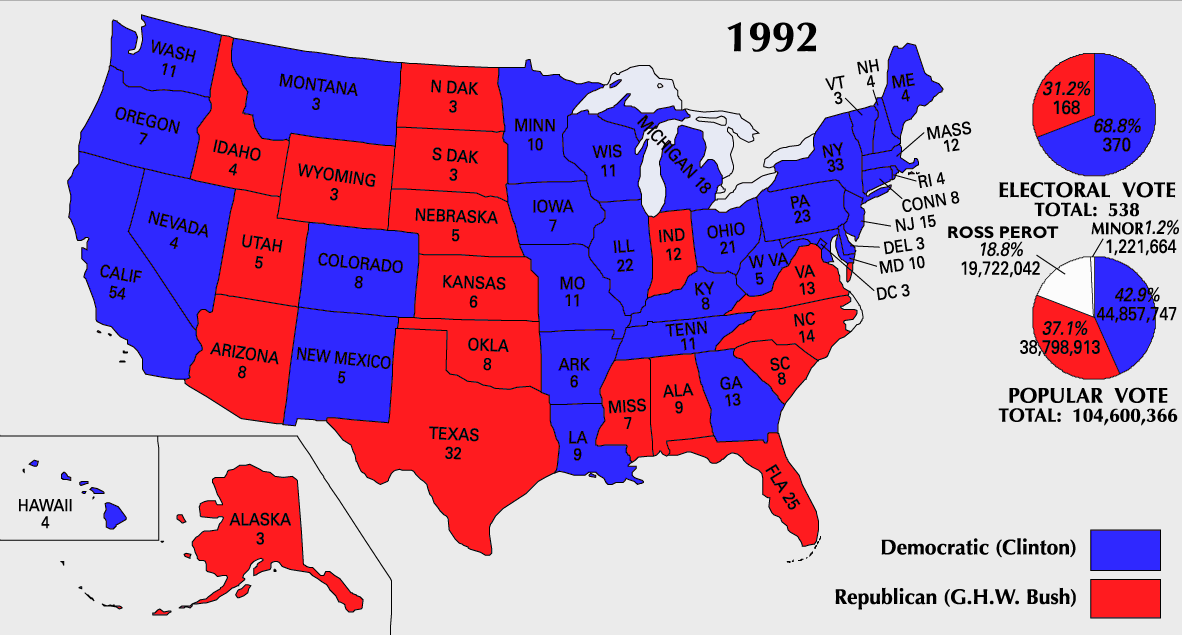Here's an interesting column written by Michael Tomasky. Tomasky is asking
where's Obama's post-partisanship rhetoric. This part really stood out to me:
The grand 2004 theme of post-partisanship seems to have all
but disappeared from the candidate's rhetoric. In a major foreign
policy address he delivered just before his overseas trip last
month, he enumerated some of the steps the United States
should have taken after Sept. 11, 2001. Getting Osama bin Laden
led the list, but when it came to domestic priorities, the man who
burst onto the national scene talking about one America
conspicuously failed to mention his regret that, instead of being
united after the attacks, Americans were divided along partisan
lines by an administration that wielded patriotism as an ideological
cudgel.
I think the idea that the Bush administration 'divided us' is a big myth. Was America
united during the 2000 election when Bush won by a thread? (And I'm sure
I can't say Bush "won" because we'll have some Dems saying he didn't win
the election, it was "stolen.") Yep, we were really united back in 2000. Was
America united during Bill Clinton's impeachment trial? I'm sure that was a
kumbaya moment.
I would like to ask exactly how Bush divided us? Was it the war in Iraq? You mean
the war that a majority of Americans approved of when we went in? America didn't
seem all that divided at that time. Liberals like to say that he divides us on 'wedge
issues' like gay marriage.
One only has to look at the polls to see Americans aren't
divided on gay marriage, a majority oppose it. So again how did Bush divide us?
I, too, would like to see less partisan bickering. I'm just not holding my breathe.
I think it's naive to believe that we can get people living in a rural town in South
Carolina to agree politically with people living in Berkeley, California. I believe we
are living through times where we are politically and culturally divided. I think it
might take a generation to overcome. Perhaps, if we want to start uniting maybe
we should stop blaming one side of the aisle. That might help.
Let's look at the past four presidential elections to see how close they were:
1992 wasn't a landslide

1996 wasn't a landslide

2000 was a nail-biter

2004 was also very close:

So again tell me how George Bush divided us?







